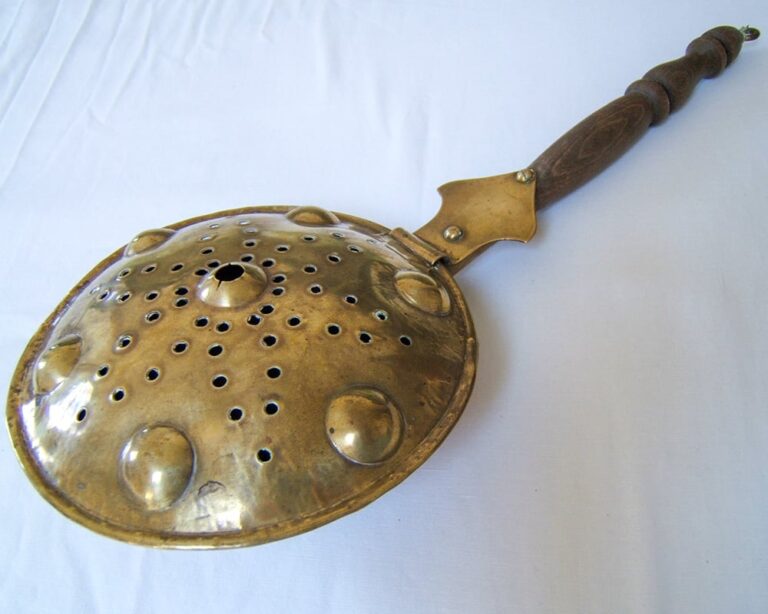faire du lèche-vitrine
This French expression means “to go window shopping.” However it translates literally as “to do some lick-window.” This phrase comes from the idea that the window shopper is standing so close to the window and gazing in with such pleasure that it looks like she is licking the window. The idiom first appeared in the 20th century, following the more widespread availability of plate glass.






